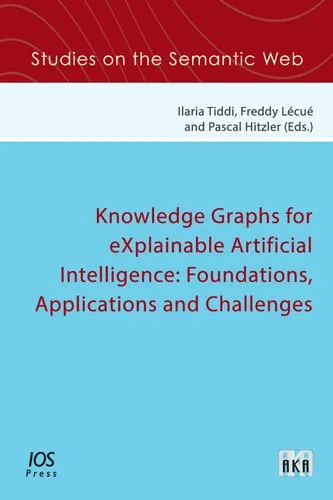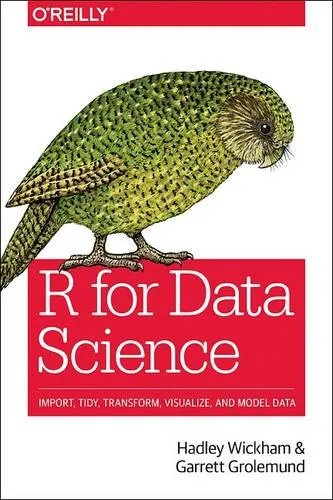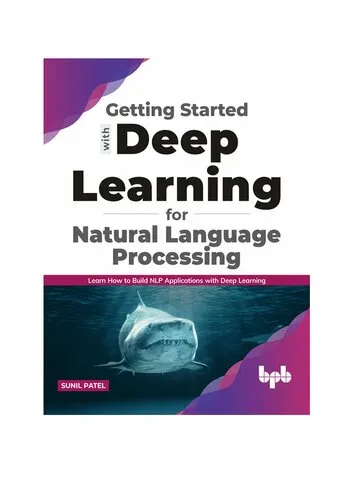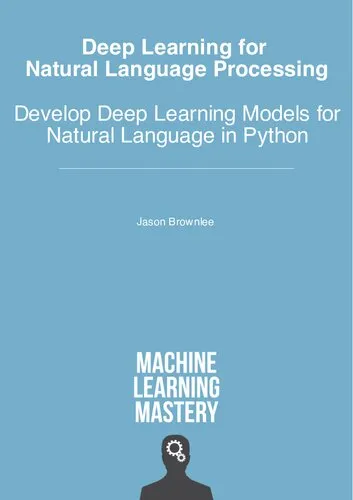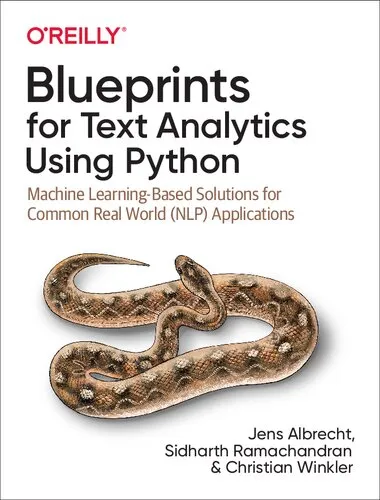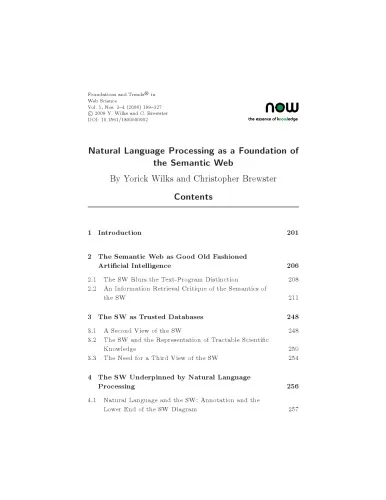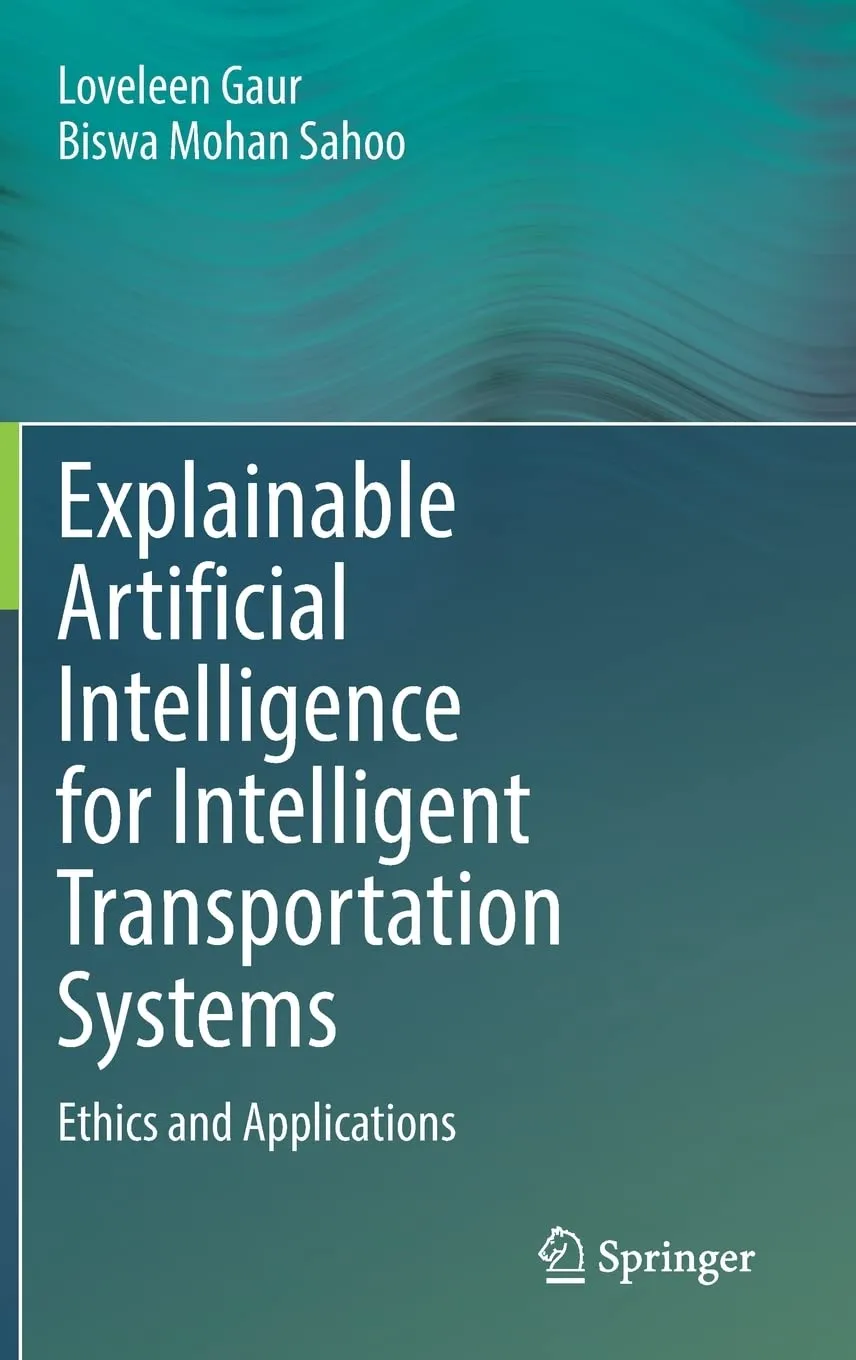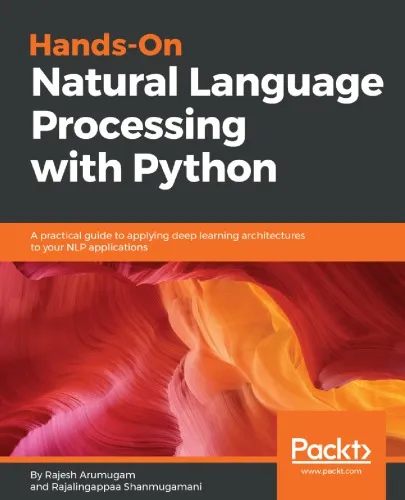Knowledge Graphs for eXplainable Artificial Intelligence: Foundations, Applications and Challenges (Studies on the Semantic Web)
4.0
Reviews from our users

You Can Ask your questions from this book's AI after Login
Each download or ask from book AI costs 2 points. To earn more free points, please visit the Points Guide Page and complete some valuable actions.Related Refrences:
Introduction to "Knowledge Graphs for eXplainable Artificial Intelligence: Foundations, Applications and Challenges"
"Knowledge Graphs for eXplainable Artificial Intelligence: Foundations, Applications and Challenges" is a definitive work exploring the intersections of Knowledge Graphs (KGs) and Explainable Artificial Intelligence (XAI). As Artificial Intelligence increasingly permeates various domains, the demand for explainable systems has grown exponentially. This book addresses this need by illustrating how knowledge graphs can be pivotal in creating transparent and trustworthy AI systems. Authored by domain experts, it provides a comprehensive dive into key concepts, theoretical underpinnings, real-world applications, and future challenges in the field.
Detailed Summary of the Book
Spanning several chapters, the book starts by laying a strong foundation for readers, introducing them to the core principles of both knowledge graphs and explainable Artificial Intelligence. It begins by defining what makes a system "explainable" and why it is crucial in various applications such as healthcare, finance, and autonomous systems. Following this, it transitions into the vast, interconnected world of knowledge graphs, presenting their role as structured representations of data and their ability to enhance system transparency and reasoning.
The book further explores how knowledge graphs serve as powerful tools to integrate symbolic reasoning with machine learning techniques. Through real-world case studies, readers gain insights into how KGs operationalize explainability, making complex AI models interpretable to users. It also delves into advanced methods for reasoning over knowledge graphs, such as graph embeddings, logical frameworks, and neuro-symbolic techniques.
A significant section of the book is dedicated to applications in diverse industries. For instance, the healthcare sector demonstrates the application of explainable AI systems for aiding clinical decisions, while the financial industry showcases how responsibly-informed AI models can lead to risk-reduction and fraud detection. The book ends by addressing the open challenges faced by developers and researchers, including ethical considerations, scalability issues, and the need for unified standards in KG-based XAI.
Key Takeaways
- Knowledge graphs enhance AI systems' interpretability by structuring actionable knowledge.
- Explainable AI is essential for fostering trust and ensuring ethical AI deployment.
- By integrating symbolic knowledge and machine learning, KGs help bridge the gap between data and meaningful explanations.
- Real-world case studies in the book provide actionable insights into using KGs for XAI across various domains.
- The book highlights future challenges and directions for research and development in this rapidly evolving field.
Famous Quotes from the Book
"Transparency is not a luxury in AI, but a necessity. Knowledge graphs offer a way to peel back the layers of AI systems and see the rationale behind the outcomes."
"Explainability is not just about making systems comprehensible to experts. It’s about making AI understand the world the way humans do."
Why This Book Matters
This book is a timely resource for researchers, practitioners, and students in the fields of knowledge engineering, machine learning, and artificial intelligence. As AI becomes increasingly woven into the fabric of modern society, the stakes for transparency and trustworthiness in AI systems have never been higher. This work recognizes the dual-purpose role knowledge graphs play—not only as a tool for organizing knowledge but also as a mechanism to explain complicated AI models in understandable terms.
Additionally, the book serves a critical role in addressing the societal and ethical dimensions of AI technologies. It advocates for responsible AI practices and offers actionable approaches to embedding accountability in AI systems. For anyone looking to bridge the gap between cutting-edge AI technologies and their practical, explainable implementations, this book is an indispensable guide.
In conclusion, "Knowledge Graphs for eXplainable Artificial Intelligence: Foundations, Applications and Challenges" is more than just a technical manual. It is a vision for a future where AI systems are as transparent and reliable as they are powerful, enabling humans to truly trust and collaborate with intelligent systems. This book matters because it paves the way for that future.
Free Direct Download
You Can Download this book after Login
Accessing books through legal platforms and public libraries not only supports the rights of authors and publishers but also contributes to the sustainability of reading culture. Before downloading, please take a moment to consider these options.
Find this book on other platforms:
WorldCat helps you find books in libraries worldwide.
See ratings, reviews, and discussions on Goodreads.
Find and buy rare or used books on AbeBooks.
1220
بازدید4.0
امتیاز0
نظر98%
رضایتReviews:
4.0
Based on 0 users review
Questions & Answers
Ask questions about this book or help others by answering
No questions yet. Be the first to ask!
